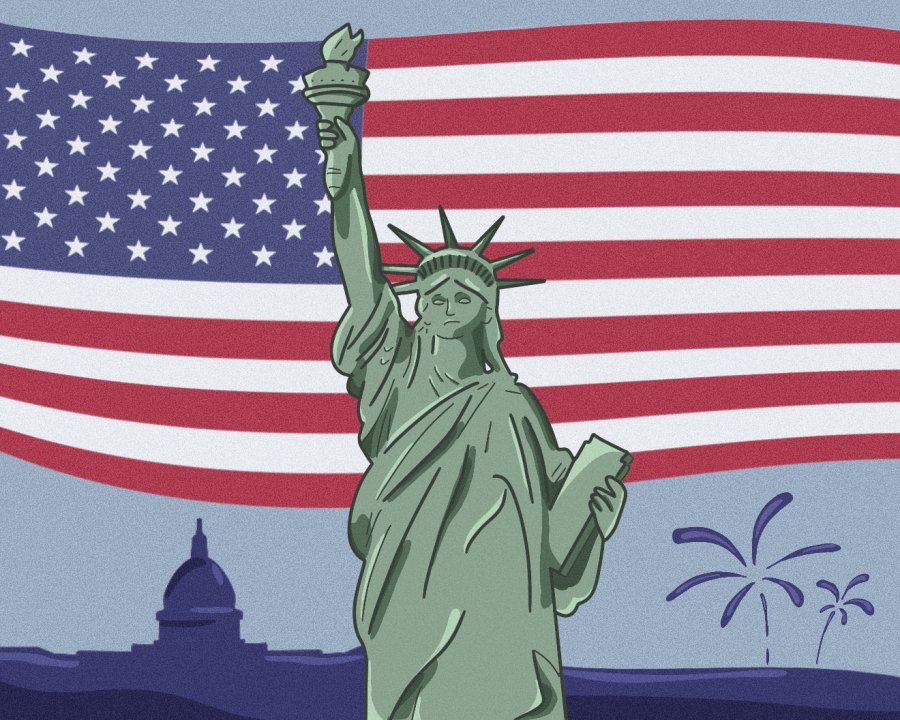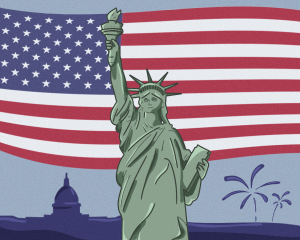Let’s make more dreams possible
February 9, 2023
Editor’s note: This column was submitted by a member of the UT community.
As the Biden administration announced new policies narrowing access to asylum at the U.S. southern border, a book profiling Siggi Wilzig — a “penniless immigrant” and Holocaust survivor who later made the most of Wall Street wealth — topped Amazon’s sales. How can we explain this celebration of immigrant success (the popularized American dream), while also imposing more cruelty at the border?
Practicing and teaching U.S. immigration law and policy have always required navigating between two extremes. At one end of the spectrum, the U.S. generally welcomes nearly a million new lawful permanent residents each year; in the 2022 fiscal year, about the same number became naturalized U.S. citizens. Yet, the law and policies are designed around exclusion. This results in, for example, more than 600,000 community members with DACA who grew up in the United States still being denied permanency. At the border, policies in effect hand asylum-seekers over to Mexican cartels to be extorted, kidnapped, raped and abused — and still continue to this day. As a nation, we still deport Haitians despite their lack of a functioning government and high levels of gang violence; even the U.N. high commissioner for human rights has called for a halt to removals because of the systemic human rights violations in Haiti.
Indeed, if Siggi Wilzig arrived at the southern border today, he would likely face arrest. Last fall, Abdul Wasi Safi, an Afghan special forces member who, like Wilzig, had assisted U.S. forces in fighting enemy troops abroad, did not make it on the limited evacuation flights when Kabul fell in August 2021. The U.S. failed to provide for any large-scale assistance to allies left behind. Wasi Safi’s U.S. citizen brother, who also fought with the U.S. military in Afghanistan, could do nothing (the Biden administration has yet to open a parole policy similar to its program benefiting Ukrainian citizens impacted by its armed conflict). Facing certain death from the Taliban, Wasi Safi traveled to the Texas border to seek protection. And while U.S. law allows all persons to seek asylum regardless of how they enter the country, the U.S. government saw fit to criminally prosecute Wasi Safi for failing to have a visa in hand. Only after months of advocacy and pressure from several members of Congress were the charges dismissed. Upon release from detention in January, Wasi Safi pledged to “live the American dream.”
Dreams should not be so difficult to pursue. The detention, criminalization, racial and national origin preferencing, financial demands and legal complexities baked into the immigration system function as barriers to freedom and innovation. We should celebrate the ambitions and accomplishments of Siggi Wilzig and Abdul Wasi Safi. We should also eliminate the many systemic stumbling blocks that rob people’s dreams rather than support them.
Steglich is a clinical professor and co-director of the Immigration Clinic at the Texas School of Law.

















